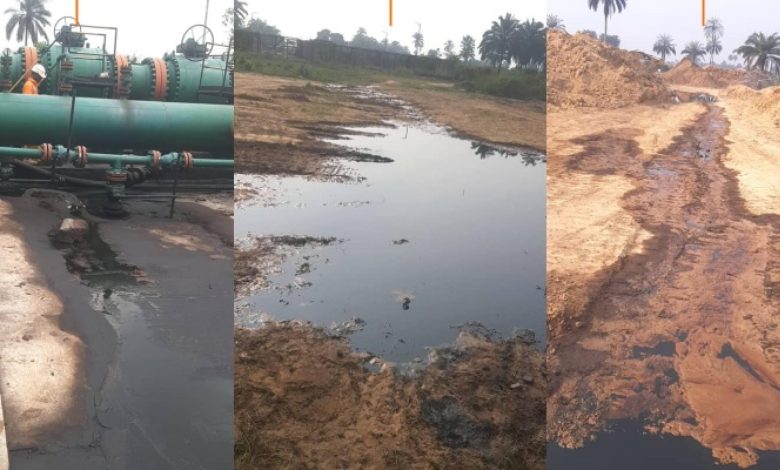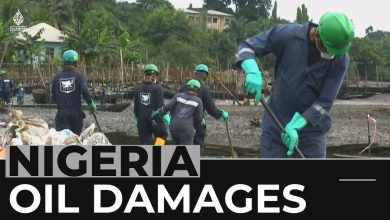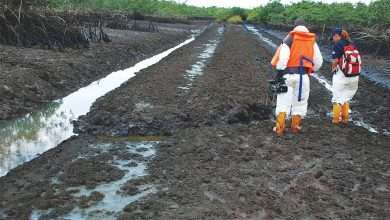
Efforts by the federal government of Nigeria and the Shell Petroleum Development Company of Nigeria Limited to convince the Ogoni people and stakeholders on the progress made on the Ogoni cleanup have suffered some setbacks as environmental experts have faulted the cleanup exercise urging the Federal Government to provide sustainable livelihoods and clean water in restored polluted areas in the Niger Delta region.
According to a report by the Guardian, the experts made the plea during a media parley in Abuja to remind the government that Ogoni remains the gravest environmental tragedy in Africa’s history that has endured the heavy burden of oil exploration and exploitation for over six decades without respite for impacted communities in the region.
A former president of the Movement for the Survival of Ogoni People, Mr Legborsi Pyagbara, said their agitation for a healthy environment for the people through the cleanup project is yet to be achieved.
He advocated the inclusion of women in the cleanup exercise, and restoration of mangrove vegetation, as well as the adoption of new technologies and best practices in the project.
Director of the Health of Mother Earth Foundation (HOMEF), Nnimmo Bassey, urged the Federal Government to sustain the goal of the international community through the remediation of Ogoniland and oil impacted communities in Niger Delta.
He observed, declaring emergency rule in Rivers state was uncalled for and ill-timed, explaining that the Federal Government should have gone into serious dialogue to resolve the issues for a more economic development of the state.
The Founding Executive Director, African Centre for Leadership, Strategy & Development, Dr Otive Igbuzor, urged the Federal Government to discontinue oil extraction and speed up the activities of the Ogoni cleanup project.
Igbuzor said, “The world recognises that the people of Ogoni have suffered unprecedented pains and losses on account of oil exploration. Several concerns around ecological and social justice in the region have been neglected. No apology has been rendered for the destruction of their environment,” he added.
“To assume that the oil production can commence whereas these issues remain on the front burner is naive and cruel.” He called on the Federal Government to put in place structures to bring justice and replace the lost livelihoods of the people.
He said that the harmful fallout of crude oil extraction in the country is the economically wasteful and environmentally hazardous practice of gas flaring, adding that out of the 3.5 billion cubic feet of associated gas produced yearly, 2.5 billion cubic feet (70 per cent) is burnt off.
Another speaker, Dr Suanu Baridam of Ogoni Kingdom, said their monitoring of the remediation exercise in the communities shows that some contractors don’t have the requisite expertise to carry out the cleanup of the environment.




